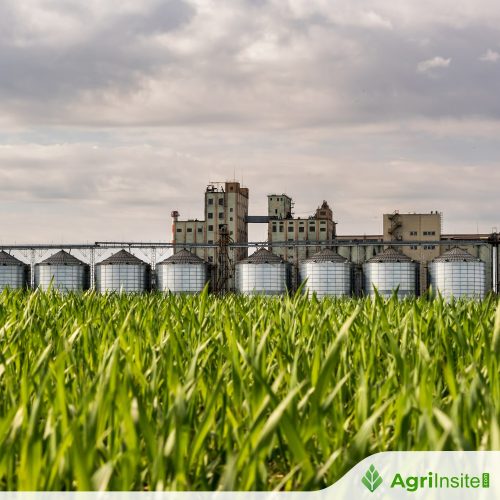Ethanol leader says with no pipeline, future plants could be driven elsewhere

South Dakota’s ethanol sector warns that the PUC’s rejection of Summit Carbon Solutions’ CO₂ pipeline—coupled with HB 1052’s ban on eminent‑domain takings—could strand the state’s corn‑based fuel with higher carbon scores. Without sequestration, local plants risk losing lucrative low‑CI markets, future expansions may shift to pipeline‑friendly states, and growers could see weaker corn demand and prices.
With the Public Utilities Commission denying Summit Carbon Solutions’ application to build a carbon pipeline in the state, some believe it’s becoming more unlikely the project happens at all.
That has big implications for one of the state’s largest industries: ethanol.
Few argue that without the use of eminent domain, Summit Carbon Solutions faces an uphill battle in terms of running its pipeline through South Dakota.
Prior to HB 1052, a law banning eminent domain use for carbon pipelines, and its passage, company officials warned if passed it would ultimately kill the project.
Despite those comments, Summit said it’s still committed to running the pipeline through South Dakota and finding a path forward.
Doug Berven is the executive director of the South Dakota Ethanol Producers Association. He said he doesn’t see a way forward for the pipeline with HB 1052 in place, calling it a “setback” for the ethanol industry and agriculture altogether.
“It’s disappointing, and it’s kind of sad from an ethanol standpoint. South Dakota is going to miss out on these tremendous markets. Other states are still going to go forward with the pipeline,” Berven said. “And so, South Dakota is going to have the least valuable corn, the least valuable ethanol. And that’s why I think it’s such a tremendous missed opportunity is other states are still going to move forward.”
He said South Dakota’s ethanol might be considered less desirable to buyers because countries and companies want lower carbon scores in the products they buy. If South Dakota can’t sequester carbon, it could lose on the market to other states whose ethanol have better carbon scores.
Berven added that means ethanol companies that operate in multiple states, like POET, would be more likely to build future plants elsewhere to meet demands.
“Absolutely, other states will be looked at for ethanol growth. As markets like sustainable aviation fuel, marine, offroad, whatever those growing markets are, if they’re requiring lower carbon ethanol, we’re definitely not gonna build in South Dakota where there’s no pipeline,” Berven said. “You’re gonna grow where you can get the markets and that would be in other states. Pipelines are sequestering carbon in other states. So yeah, no question the growth is going to be elsewhere and that’s why this is such a missed opportunity.”
Berven said he wouldn’t expect existing plants and headquarters to relocate, but the state might miss out on future opportunities.
About 90% of the state’s ethanol production is exported out of state.
To Read more about Ethanol Industry & Bio Energy News, continue reading Agriinsite.com
Source : SDPB















